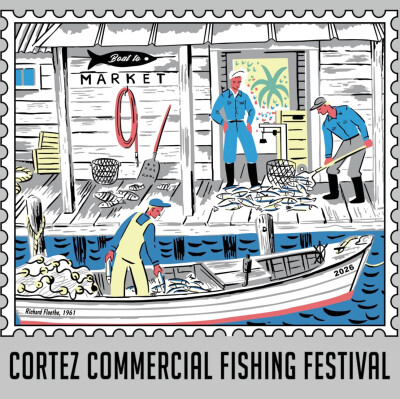Bristol Bay fishing advocates say a federal court ruling Friday, Oct. 29, enables the U.S. Environmental Protection Agency to restart a process to protect the bay watershed from plans to develop the Pebble Mine under the federal Clean Water Act.
The order by U.S. District Court Judge Sharon Gleason in Anchorage came in response to a recent motion by the Pebble Limited Partnership and state of Alaska, asking the court to set a schedule for the EPA to either withdraw or finalize a 2014 proposal during the Obama administration that would have restricted mining and waste disposal.
Ruling in favor of the group Trout Unlimited as a plaintiff in the case, Gleason in her order stated “neither the retention of jurisdiction pending remand nor the establishment of an administrative timetable by the Court is warranted in this case,” remanding the matter to the EPA for action.
“The specter of a massive open-pit mine and waste dump has been looming over the biggest, wildest, most productive sockeye salmon run on the planet for long enough. Pebble threatens livelihoods. It threatens salmon. And it threatens people,” said SalmonState Executive Director Tim Bristol said after the decision. “Now that the courts have put the ball back in the EPA’s court, it’s up to the EPA to listen to its scientists and to Alaskans, to finish the job, and to end the threat of the proposed Pebble Mine before the salmon return.”
Under the Trump administration, the EPA in 2019 reversed course, favoring the Pebble Mine backers’ permit application. With the arrival of the Biden administration, the agency swung back toward the position of fishing and environmental advocates that the watershed needs strict protection under section 404 c of the Clean Water Act.
In October the Pebble partners and Alaska state officials sought to have the federal court force the EPA to “either withdraw or finalize a decision on the 2014 Proposed Determination” from the Obama years.
“Recall that the 2014 Proposed Determination by the EPA was pending for five years before finally being withdrawn in 2019, and now, two years later, the Proposed Determination is being resurrected," said Ronald Thiessen, President and CEO of the Pebble partnership’s parent company Northern Dynasty, in an Oct. 13 statement on the court action.
"If they decide to proceed with their Proposed Determination, then we will again pursue a legal challenge, and with the strong administrative record of the overwhelmingly positive Final Environmental Impact Statement of 2020, and the Proposed Determination which is not supported by an adequate record, we believe we will win. If they decide to abandon this unheralded abuse of power and instead apply a science and fact-based process, free from political interference, then they should uphold the EPA withdrawal,” said Thiessen.
Pebble Mine opponents celebrated the court reversal.
“Today’s decision gets us back on track to finalizing protections for Bristol Bay’s headwaters and its world-class fisheries,” said Austin Williams, Alaska legal and policy director for Trout Unlimited. “As the science has shown time and time again, large-scale mining in the Bristol Bay headwaters would be catastrophic to the region’s fisheries, its economy, and its vibrant cultures. We look forward to working with the EPA to finalize these protections that are so critical to so many people.””







